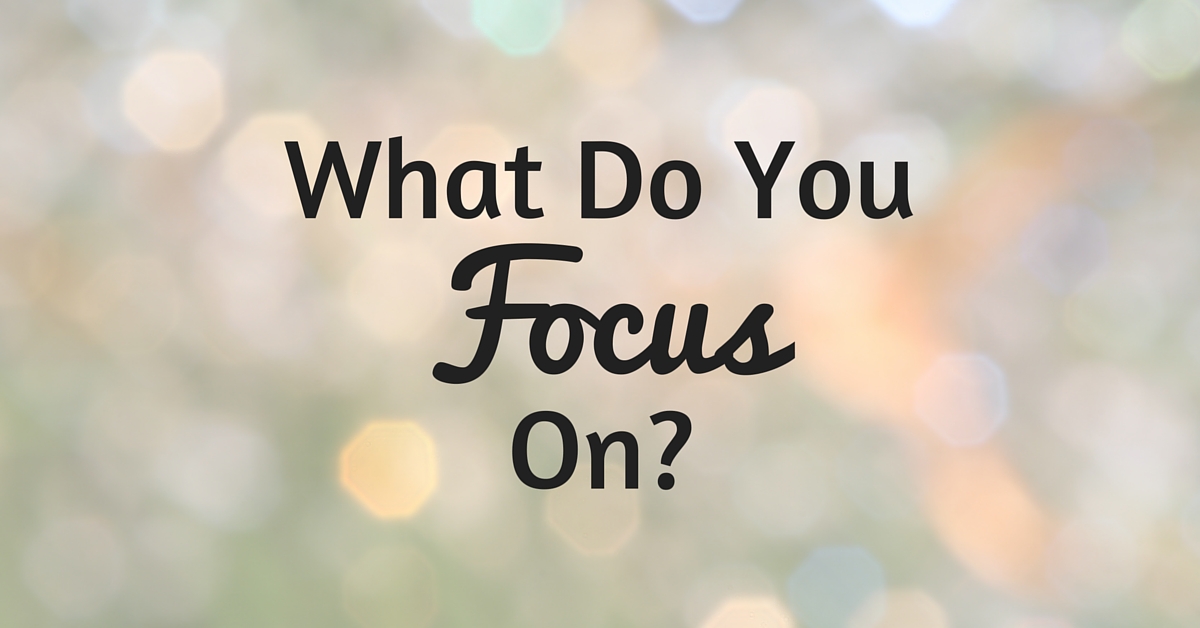Just lately there has been a lot in the news about cuts to tax credits. You might have seen that I’ve written a few posts about the situation.
But here’s the thing: on a day to day basis, I really don’t think about what may or may not happen.
When the cuts were first announced, a friend was immediately online, using a calculator to find out exactly how much worse off she would be by next April. When I spoke to the media about it, this was the first question they asked me: how much money will you lose?
They seemed a bit perplexed when I told them I didn’t know.
I had deliberately not paid attention to the finer points of Osborne and his hair-brained plan.
Not because I think he’s going to change his mind; I know that realistically, tax credits will be cut. Not because I think any cuts to my tax credits will not make my life more difficult; I’m hardly rolling in cash right now. Here’s why:
When you focus on the things you can’t control, it makes you unhappy.
Yes, I could spend a little time, do a little research and say yes, if my income does not change before April my tax credits will be cut by X amount. Someone at Good Morning Britain did the calculation, and I’m fairly sure they used it when they used me as their case study. I didn’t watch.
I can’t control what George Osborne is going to do; I can sign petitions and be a voice against the cuts, but I have no actual control over what he does. Instead, I choose to focus on something I do have some control over: I choose to focus on building up my business and my income, so as to insulate myself against any cuts, as and when they come. I do understand that I am in the minority with this, in that I am able to do something to build my income and many others do not have their own business.

Still, I think this is something we can do in all areas of our lives. How often do we get depressed or stressed about something that’s out of our control? And the more time you spend thinking about it, going over it, talking about it, worrying about it – the worse it gets. The worse you feel.
I used to do this all the time. I would worry about everything, and the fact I couldn’t change it made no difference the amount of time and focus that went into worrying about it.
Now though, I try very hard not to. If I am faced with a “bad” situation I try to look at it objectively: can I change it? If I can’t change it, is there something else I can focus on that will make a difference?
The cynics among you may say, well you’re not changing anything by doing this; you’re just fooling yourself so as to feel better. Guess what? I don’t care. If I feel better, does it matter? If I am less stressed and more happy, does it matter if nothing changes?
Of course not. If I am less stressed and more happy then something does change. The situation is less important and often that’s all it can take for something else to change.
So I may spend the next few months studiously ignoring the finer points of how Osborne’s cuts will affect me; the cuts may still happen in April; I may find myself as skint as a skint thing. But if I’d been worrying about that for several months beforehand, would I suddenly be in a better position when it happened? No, I’d likely just be even more stressed and anxious and miserable.
And I really do not like to be miserable.
So I try to focus only on the things I am able to change.

2 Comments
Michelle · 17/11/2015 at 01:42
Whenever I start to stress about things I can’t control I remember a prayer that someone taught me a long time ago. Maybe you know it, God Grant me Serenity… Every now and then I have to say that prayer to myself to remember that I can’t control everything so I need to not stress over those things so much. Instead I focus on what I can control. Great Post! Thanks for sharing!
Tim Smith · 29/05/2020 at 14:30
Yes still relevant today probably even more so, today I have been focusing on my fitness as I have asthma and diabetes the best way I can face the anxiety of getting COVID19 is to focus on what I can control which will benefit me most if or when it happens.